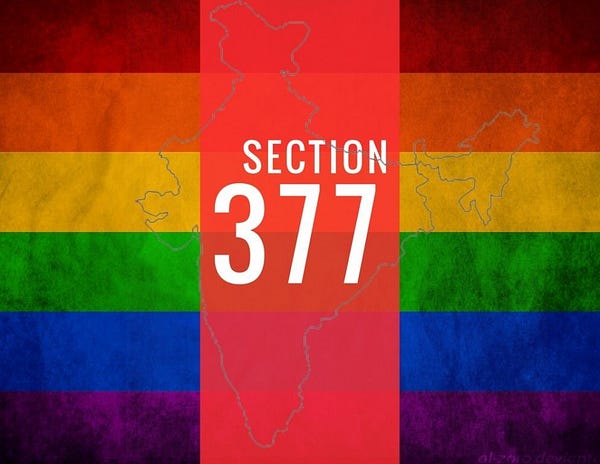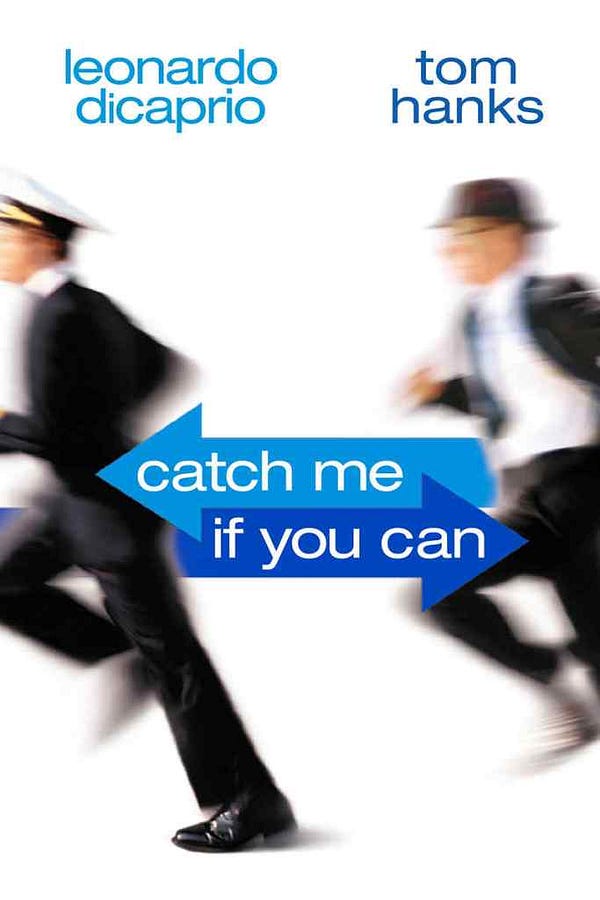A thought on Crime and Social Law
Looking back at the past year and events which have occurred in that period, I pondered over a question — “Do we see crime as just an offence against government law? Or do we see it as an enemy to justice and the tenets of the morality of an ideal human being?” In both scenarios, the topic at hand still holds importance in our lives and this got me thinking.
The law is, to say the least, not comprehensive enough; It has loopholes and often permits the sly and cunning to bypass them with little or no consequence. The law is representative of what a nation’s larger society believes in (although the rich may also have an ulterior hand in this affair). These beliefs can be of any nature and may go to any extremes such as the legalized oppression of the woman in Saudi Arabia or the official form of execution for gay sex in Brunei — rock pelting. However, as often is the case, if not the law, the enforcers of the law reflect what the society stands for, for society has never stood for something it has never believed in and anyone rarely ever does. This means that breaching the law, if it is socially acceptable, holds fewer consequences than socially unacceptable crimes and acts such as being homosexual in an Indian society which has yet to completely adjust to the implementation of Section 377 of the Indian Constitution sees said individual to be the propagator of what I will now refer to as a ‘social crime’. This crime is against a particular set of norms and laws written into our sub-conscious over years of self-imposed civility. Its nature, unlike the specific nature of any government’s law, varies and can include almost anything.

One thing common between both sets of governing rules and regulations is their creation through experience. Whilst government laws have been built up over the decades and centuries, social laws come from the relatively shorter period of experience we have as our lives, information passed down from our elders and society. No law is perfect and it often takes the sly and the cunning to show us where we lack clarity. A famous example of this would be the movie, “Catch Me If You Can” which is a historically accurate (relatively) biographical crime film showing how Frank Abagnale, a cunning young man, manages to forge checks and earn himself a massive fortune. However, he is eventually caught and decides to work with the authorities to make checks much harder to forge and improves financial security for many institutions. However, this process of improving on one’s mistakes occurs almost always to the concrete set of written rules; the unspoken ones are unique. Their definition of the law is what the masses believe; the accepted practices, the ‘chalta he’ attitude in my country, India, and most importantly, what the youth believe. The youth are our means to survival; we are the lawmakers and idols of tomorrow, the ones whom the next generation learns from and emulates with their inputs. I read a Communist quote some time ago which supports this argument and although I am unable to find it or recall its exact wording, it went something like this — “If the first generation does not believe, the second generation will begin to believe and the third generation will become true Communists.” I am yet to come across any political or ideological campaign that does not believe that the youth are the key to change.

It seems as though the law takes individual judgement, generalizes it and then feeds it to the masses to ensure compliance and order. Even the Americans and Soviets did not believe in each other’s ideologies but they believed in themselves and the societal law. These social laws were rigid, causing generations of conflict in the form of the Cold War. But, now we see that these social laws are no longer so rigid, the root cause of which, some would call “corruption of society”. This “corruption” is considered an evil which must be stamped out before it spreads any further by seeping through generations and eventually affect a large enough population to make an impact on the world. In the Soviet Union, frequent purges of suspected anti-communists or capitalist supporters would take care of this corruption. After its collapse, the purges stopped and non-communist ideologies began spreading with little inhibition, yet it’s half a century old Communist ideologies still survive today, albeit in traces.
The near-annihilation of the extremities of political rule, capitalist dictatorship and communist dictatorship in the modern 21st century has led to our social laws to become more flexible, more open to change with the introduction of a democratic form of leadership that thrives by doing what the public wants. This leads to the assimilation of emergent groups of people not so different from us, but still outcast. Yet, as always, flexibility means that the laws may bend the wrong way, to allow the morality of people to take bribes, to prevent the proper deliverance of justice against criminals or to run away from responsibilities and duties necessary for one’s nation for self-benefit to name a few. This is why we must not forget that the core ideas and moralities we hold as human beings post the World War era cannot be forgotten or diluted with the change in social law, lest we lose ourselves in the search for a Utopian future.


Leave a Reply
Authentication required
You must log in to post a comment.
Log in